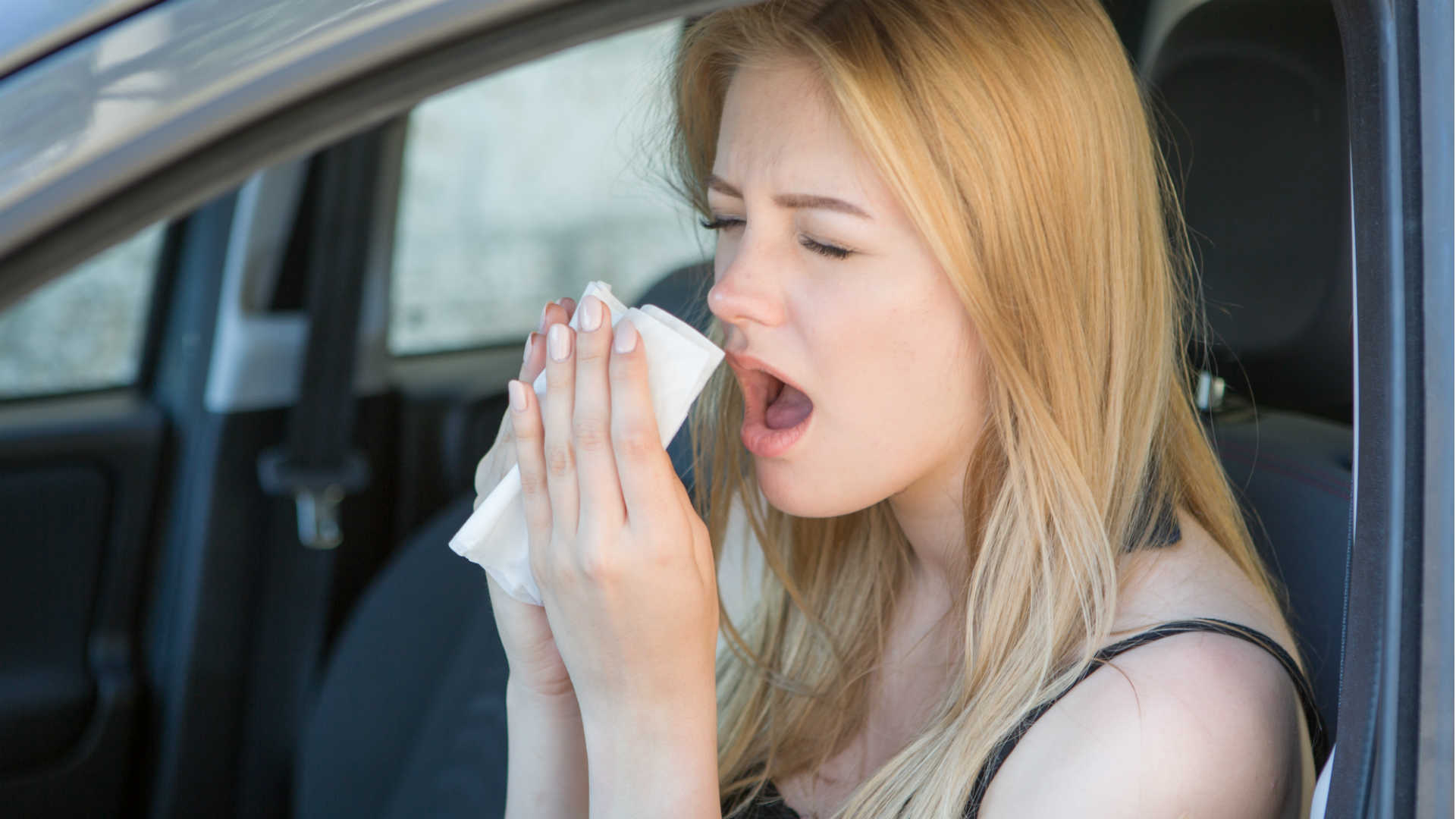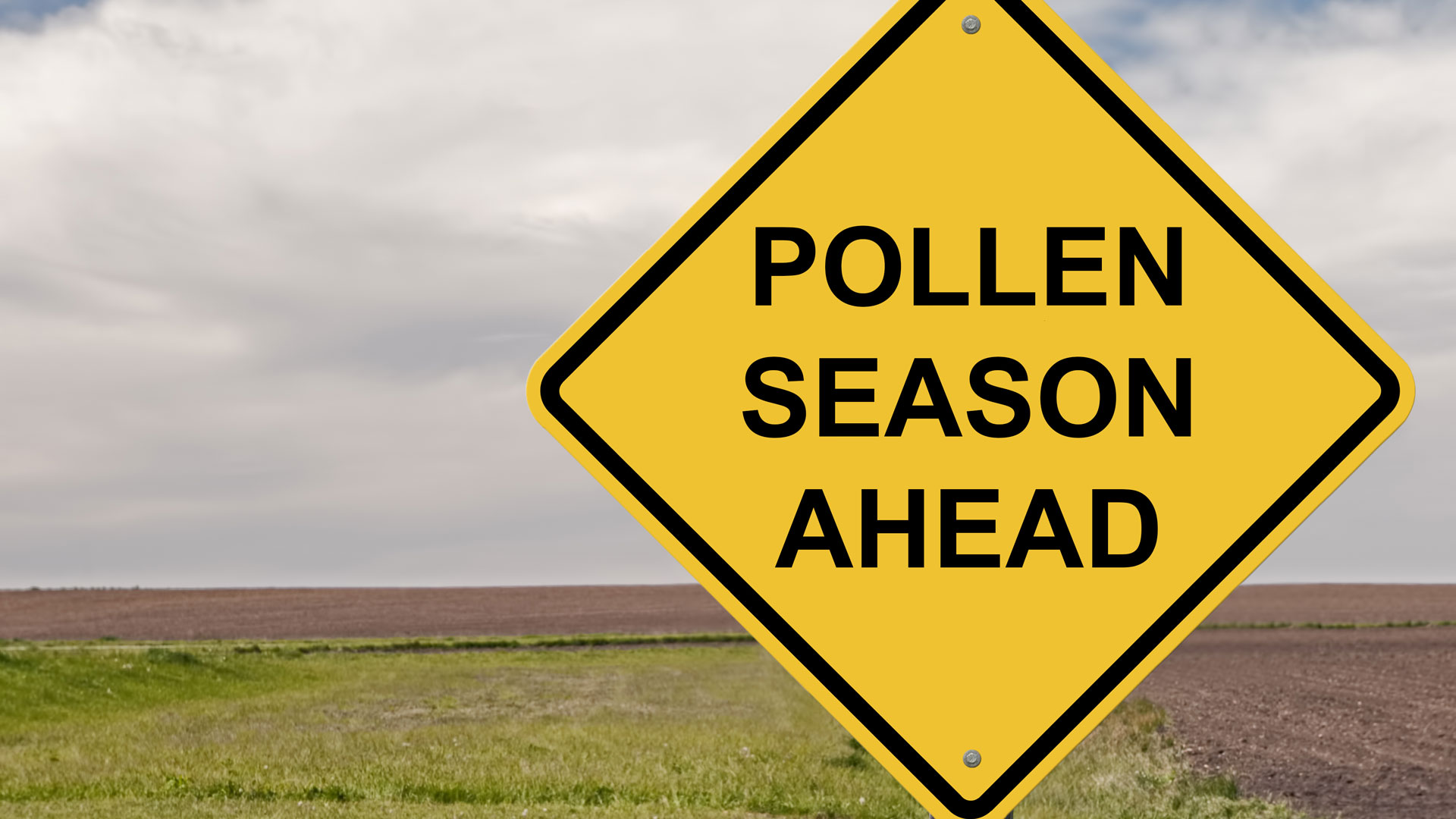
Do you suffer with hay fever in the summer months? If so, bear in mind that motorists who take take hay fever medication could risk prosecution or even a driving ban. You have been warned.
The same traffic laws apply to over-the counter drugs as illegal substances. If your driving is impaired, you could end up with a criminal record – not to mention the risk of causing an accident.
Neil Worth, road safety officer at GEM Motoring Assist, explained: “Some medicines, including those used to treat hay fever, can have an effect on your ability to drive safely. They could make you tired, dizzy or groggy, and they can compromise your vision and reaction time.
“That’s why it’s so important to check with your GP or pharmacist, and to read any warnings on the labels of the medicines you plan to take.
Advice for hay fever sufferers
Here’s a quick safety checklist for drivers who take hay fever medicine:
- Ask your doctor or pharmacist if a medicine might affect your ability to drive. Be particularly careful if you are using a medicine for the first time.
- If you experience potentially dangerous side effects from a medicine, don’t drive. Organise a taxi or a lift from a friend if you need to travel.
- If you find a medicine is making you tired, ask if there is a non-sedating alternative available. Studies have shown feeling sleepy at the wheel can impair your judgement as much as drinking alcohol.
- It’s not just prescription medicines that can cause drowsiness and other potentially dangerous side-effects. Check with your pharmacist if you plan to use an over-the-counter drug, too.
- Ask your doctor or pharmacist to explain any risks first. If you’re unsure about any warnings on the medicine label, don’t drive.
A study by Confused.com found 58 percent of drivers who suffer from hay fever said they had driven a car shortly after taking medication, even though many remedies can impair performance behind the wheel.
A worrying 10 percent said they had noticed adverse effects of taking prescription drugs.
It is illegal to drive if you’re unfit to do so because you’ve taken legal or illegal drugs, or you have certain levels of illegal drugs in your blood.
Legal medication is covered by the same drug-driving laws as substances such as cocaine and cannabis. Drivers are advised to consult the government website for a list of prescription medicines affected by the legislation.
‘Check the medication thoroughly’

Richard Gladman, head of driving and riding standards at IAM RoadSmart, warned: “If you are stopped by the police after taking a hay fever remedy and driving whilst impaired you could find yourself falling foul of drug driving regulations.
“Be sure to check the medication thoroughly and see if it is suitable. But most importantly, concentrate on your route to recovery so you can get back onto the road sooner rather than later.”
IAM RoadSmart has the following advice for hay fever sufferers:
- Ensure your car is clean and dust-free and that you operate the air conditioning or ventilation to your advantage. Changing the pollen filter regularly is important, too.
- Arrange to see your GP if you feel under the weather. If you haven’t been diagnosed with hay fever but need medication, avoid driving.
- Blurred vision and drowsiness can be side-effects of over-the-counter medicines. Popular remedies for a runny nose and sneezing symptoms can also affect your driving.
- If you need anti-histamine, take non-drowsy ones. If you’re unsure, read the leaflet or speak to your pharmacy.
- When you sneeze at the wheel, you travel up to 50ft with your eyes closed. If you need to get somewhere but don’t feel well enough to drive, ask somebody else to help. The risk simply isn’t worth it
If in doubt, talk to your pharmacist and always read the label.
ALSO READ:
How to change the address on your driving licence